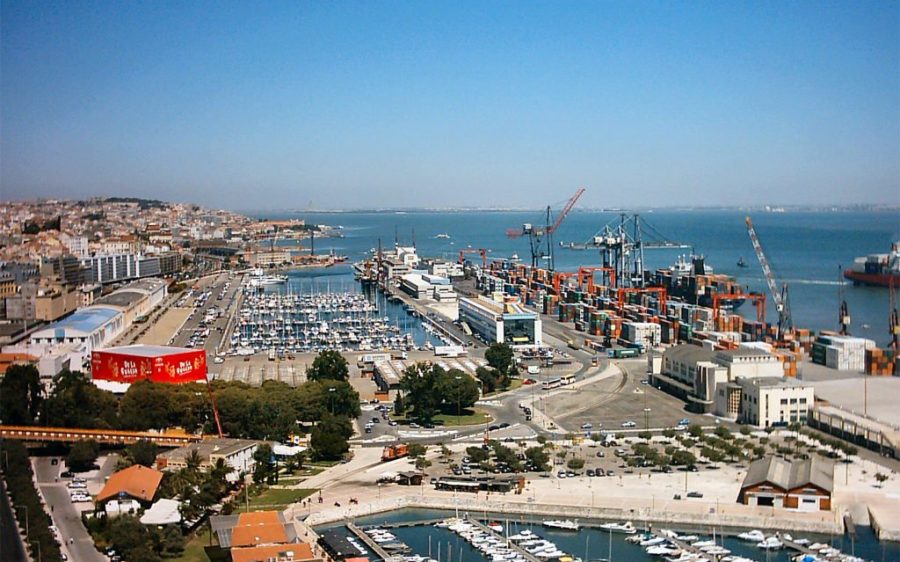The US is putting pressure on Portugal not to buy scanning equipment for the Port of Lisbon from Chinese security company Nuctech, according to reports.
Sarah Morgenthau, a US government trade and business representative, alleged that purchasing technology from manufacturers supported by Beijing “could constitute a national security risk,” because of the theoretical potential for exposing sensitive data.
The scanning equipment, Morgenthau noted, checks “cargo, containers and packages that are linked to merchant navy databases and passenger information”, as well as passports and fingerprints. The US argues that such equipment provides a “unique opportunity” for Chinese authorities to collect information.
[See more: Portuguese-Chinese chamber condemns ‘unreasonable’ exclusion of Huawei]
Beijing has long countered that the US itself runs a vast network of global surveillance. US data shows that the FBI conducted up to 3.4 million warrantless searches of Americans’ phone calls, emails, and text messages in 2021. Meanwhile, in a case that sent shockwaves around the world, a Danish investigation found that Washington spied on state leaders and top officials in Sweden, Norway, France and Germany from 2012 to 2014.
The international public tender for the Port of Lisbon scanning equipment, estimated to be worth around 3 million euros, opened in June and is being promoted by AT (Tax Authority).
Portuguese government tenders are primarily based on price, an area where Nuctech has an advantage, with its European bids typically coming in at 30 to 50 percent less than rivals. Critics claim this is a result of Chinese government subsidies but Nuctech says it is due to its efficient supply chains.

Lula warns of retaliation as Trump escalates the US trade war against Brazil
The US president imposed a 50-percent tariff on the South American giant, giving the country until 1 August to negotiate a better deal





